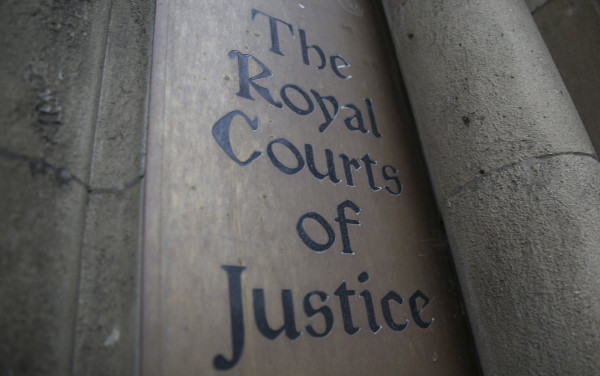In this situation, where there had been no independent advice from an IFA and the unauthorised introducer had either gone bankrupt or disappeared; disgruntled investors then made various complaints against the Sipp provider in order to seek to recoup heavy losses from the investments in the Sipp wrapper. Many Sipp providers did not seem to appreciate the possibility that this may occur.
S27 Financial Services Markets Act
S27 of FSMA was a relatively unused section of FSMA in case law. At face value, however, it contained an ominous outcome for the regulated entity in that if the provider in the course of carrying out a regulated activity made in consequence of something said or done by another person (“Third Party”) in the course of a regulated activity carried on by the Third Party in contravention of the general prohibition then this made the agreement unenforceable with the other party entitled to recover the money invested and compensation for losses.
This issue (amongst other allegations) was first raised in the case of Adams v Carey Sipp in the High Court. It took over 26 months for the judgment to be published and the Sipp industry believed it had received a favourable outcome when the High Court dismissed this element of the claim reaching the conclusion that activity of the Third Party in this case did not fall within the meaning of Articles 25 and 53 of the Financial Services and Markets Act 2000 Regulated Activities Order.
At the time it was thought that this ruling relieved the Sipp industry of potentially significant liabilities which could arise from the actions of Third Party unauthorised introducers when the Sipp provider may have knowingly or unknowingly exposed itself to liability for investments made within the Sipp wrapper by the actions of the Third Party.
Nonetheless, the case was appealed on a number of grounds, including the S27 FSMA argument.
Court of Appeal Decision
The Court of Appeal upheld this appeal on the S27 FSMA argument and the Sipp industry and other regulated entities ought to take careful note of the outcome.
Any regulated entity which conducts regulated activity through the introduction made by an unauthorised introducer will now need to carefully consider if that Third Party has overstepped the mark and breached the general prohibition with its dealings with the consumer.
If it has, then the consequences could be very serious for the regulated entity if the investment fails and the consumer seeks redress.











